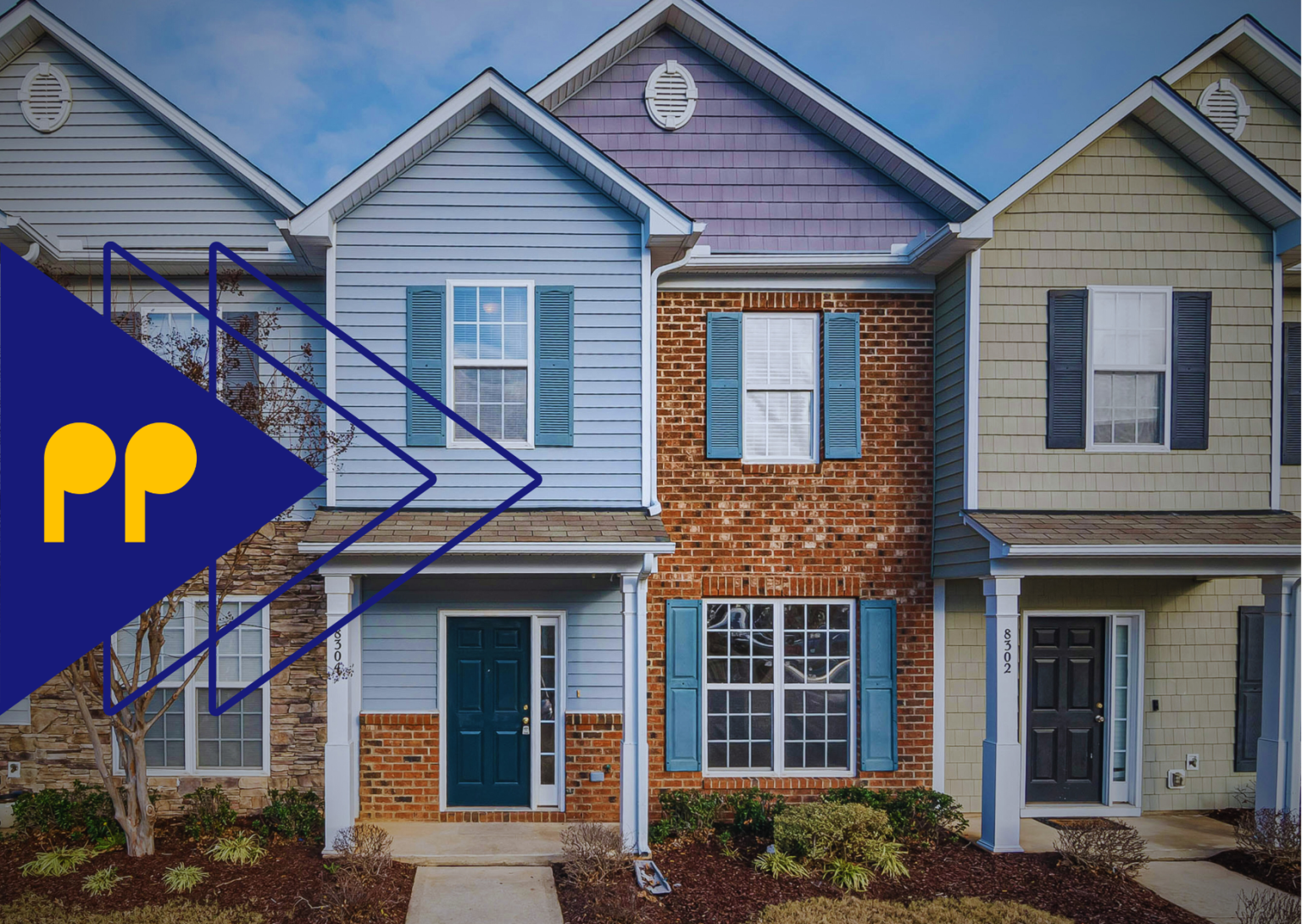The New Electorate is a PartyParty series that investigates the multifaceted demographics influencing the EU parliamentary elections. This series offers an in-depth look at the diverse voter segments across Europe, exploring their unique influences and pivotal roles in this year’s election.
The 2024 European Parliament elections, scheduled for June 6-9, are poised against significant global events, including Russia’s ongoing war in Ukraine, the persistent COVID-19 pandemic, and the repercussions of Brexit. This complex scenario drives notable shifts in Brussels, where traditional parties face challenges and right-wing governance is gaining momentum. One group drastically affected by such changes is middle-class voters. In this article, we dissect why and how Europe’s middle-class voters, who have historically influenced political outcomes, will profoundly impact the 2024 EP elections.
Who is the middle class?
A varied and ever-changing socio-economic group, the middle class is defined by its members’ attitudes, aspirations, and values in addition to their moderate to comfortable income, education, and professional achievement levels. It encompasses people from different ideological backgrounds with different present concerns and future objectives rather than a homogeneous or static group.
The European middle class is diverse, from teachers and engineers to mid-level managers and healthcare professionals. Their economic position affords them a degree of financial security, yet they often remain sensitive to shifts in the economic sphere, such as inflation, job market fluctuations, and changes in social welfare policies.
In addition to economic factors, the middle class is characterised by shared values and aspirations that strongly emphasise education, a desire for economic stability, and aspirations for upward social mobility. Culturally, they often value hard work, personal responsibility, and community involvement, and their political and social attitudes can vary significantly across the spectrum from conservative to progressive ideologies.
The middle class isn’t uniform in its political leanings. While it has historically leaned towards centre-right parties because of its focus on fiscal responsibility and entrepreneurship, some segments are now embracing progressive ideals. Concerns like climate change, social justice, and inclusivity are gaining importance in their decision-making. This shift complicates matters for political parties, requiring them to navigate a diverse ideological landscape to appeal to different middle-class groups.
Why is the middle class important?
This ideological variability makes the middle class a crucial and influential demographic in shaping national and European policies. They are seen as key indicators of economic health and social trends, making their collective behaviours and opinions particularly relevant to policymakers and political analysts.
While economic challenges and diminishing cultural significance contribute to concerns regarding their waning impact, understanding the middle class remains crucial. They have significant numbers, a tendency to sway in voting patterns, financial clout, stability, and cultural influence. Traditionally viewed as a barometer of economic stability and societal values, the middle class plays a pivotal role in determining election outcomes.
Despite its differences, the middle class transcends rigid political classifications and is united by a shared need for safety, collaboration, economic stability, and social mobility. They are important for any party trying to win a majority because their vote greatly impacts election results.
Key concerns driving middle-class voters
Economic issues
Economic concerns and policy priorities lie at the heart of the middle class’s voting calculus. In an era marked by economic uncertainty and rapid globalisation, issues such as job security, wage stagnation, and affordability of housing and healthcare loom large. As such, political parties vying for the middle-class vote must articulate coherent economic policies that address these pressing challenges.
Security and geopolitical concerns
While financial concerns are dominant, broader, fundamental issues are also at play. The conflict in Ukraine and broader geopolitical shifts, along with challenges like climate change and energy insecurity, shape citizens’ views on the present and the future. Moreover, the war in Ukraine has led to increased distrust of Russia. However, there are differing opinions between Western and Eastern European countries regarding the future relationship the EU should have with Russia, potentially leading to tensions on various levels.
According to the latest Eurobarometer research, both support for the economy and the creation of new jobs and EU defence and security are equally important and ranked third (31 percent). Over the parliamentary term, the importance citizens have attached to EU defence and security has increased, especially due to Russia’s war of aggression against Ukraine.
Strategies to engage the middle class
Engaging with the middle class isn’t just about winning votes; it’s about understanding their needs and earning their trust. From personal connections to digital outreach, the approaches below lay the foundation for successful engagement and meaningful dialogue.
- Talk to them directly: Meet middle-class voters where they live, hosting local events and knocking on doors to understand their concerns.
- Use social media: Reach out online, using platforms like Facebook and Instagram, to share their message and connect with middle-class voters.
- Focus on real solutions: talk about practical ideas that help middle-class families, like better jobs, affordable healthcare, and good schools.
- Be honest and relatable: Put forward candidates who understand middle-class life and speak honestly about their plans to help.
- Work together: Team up with groups representing the middle class, like unions and small businesses, to show they’re on their side.
- Talk about what matters: Keep your message simple and focus on jobs, healthcare, and education that matter most to middle-class voters.
As the 2024 European elections near, understanding the middle class’s voting patterns is vital for political success. Economic fears, shifting ideologies, and trust in institutions shape their decisions. Parties must resonate with their diverse values to win support. Despite worries like inflation and extreme ideologies, there is a growing interest in the elections, surpassing 2019’s turnout. This underscores the importance of engaging voters from all backgrounds and demographics in shaping Europe’s political landscape.

